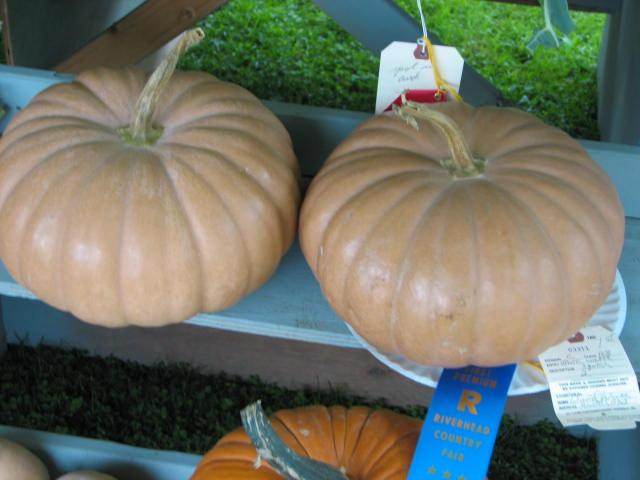














The ultimate goal of farming is not the growing of crops, but the cultivation and perfection of human beings. - Masanobu Fukuoka





































Saybian Morgan wrote:I'm not grasping the sunflower alleopathy, is this general to the helianthus or is this a specific type of sunflower? Jerusalem artichokes don't ravage the soil and they grow huge when they have the resources to and small when they don't. I can't find any ill effects this year where I had towering helianthus last year, but that's not sunflower's per se. Corn is a mean resource hog and it's what the 3 sisters is all about, I can't see a sunflower taking more than corn, but then again I don't grasp what long island cheese is.
















 1
1




find religion! church
kiva! hyvä! iloinen! pikkumaatila
get stung! beehives
be hospitable! host-a-hive
be antisocial! facespace

|
Hey! You're stepping on my hand! Help me tiny ad!
DIY Chicken Coops by John White
https://permies.com/wiki/212622/DIY-Chicken-Coops-John-White
|


